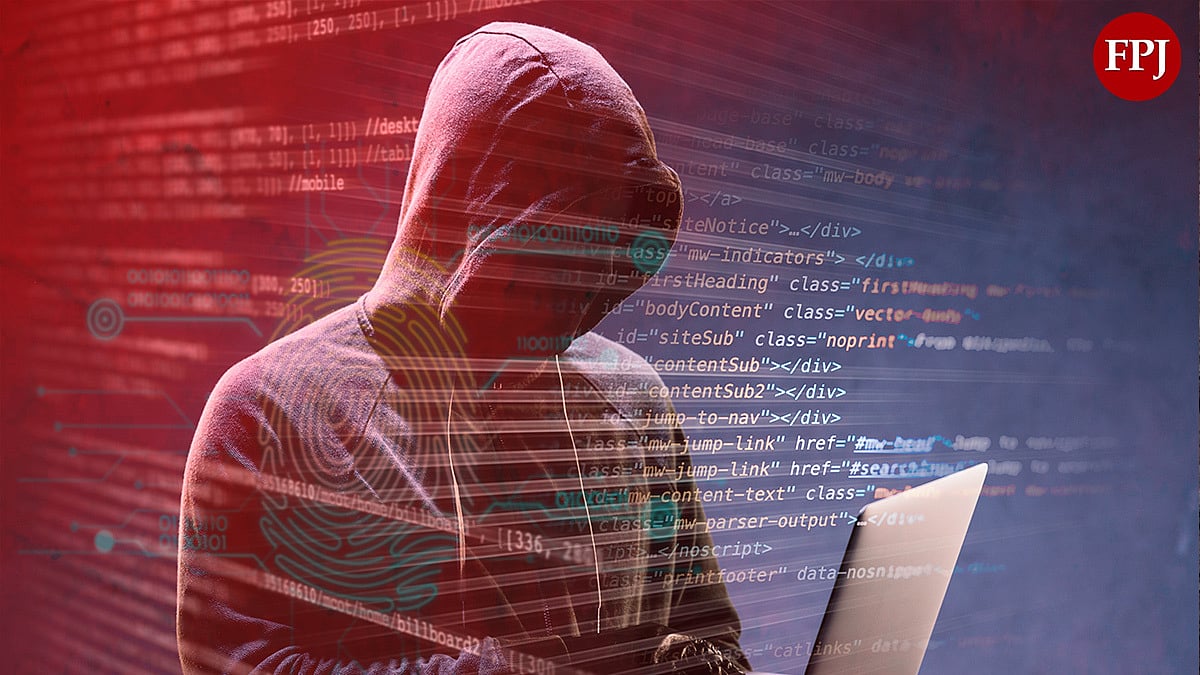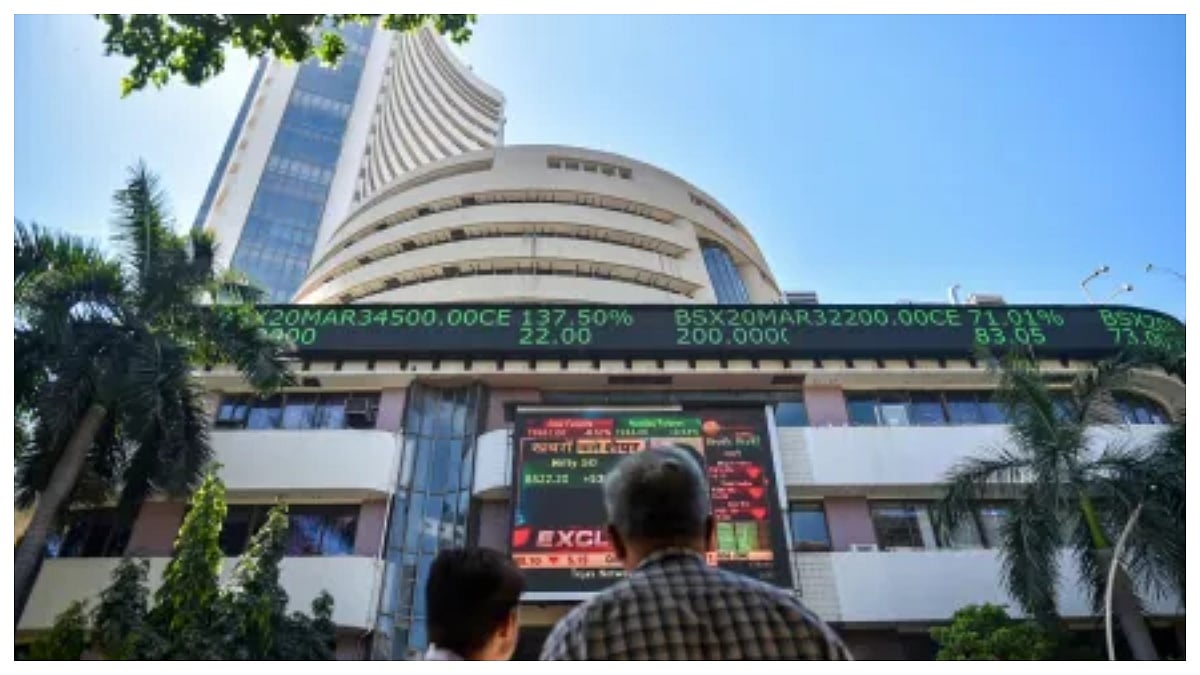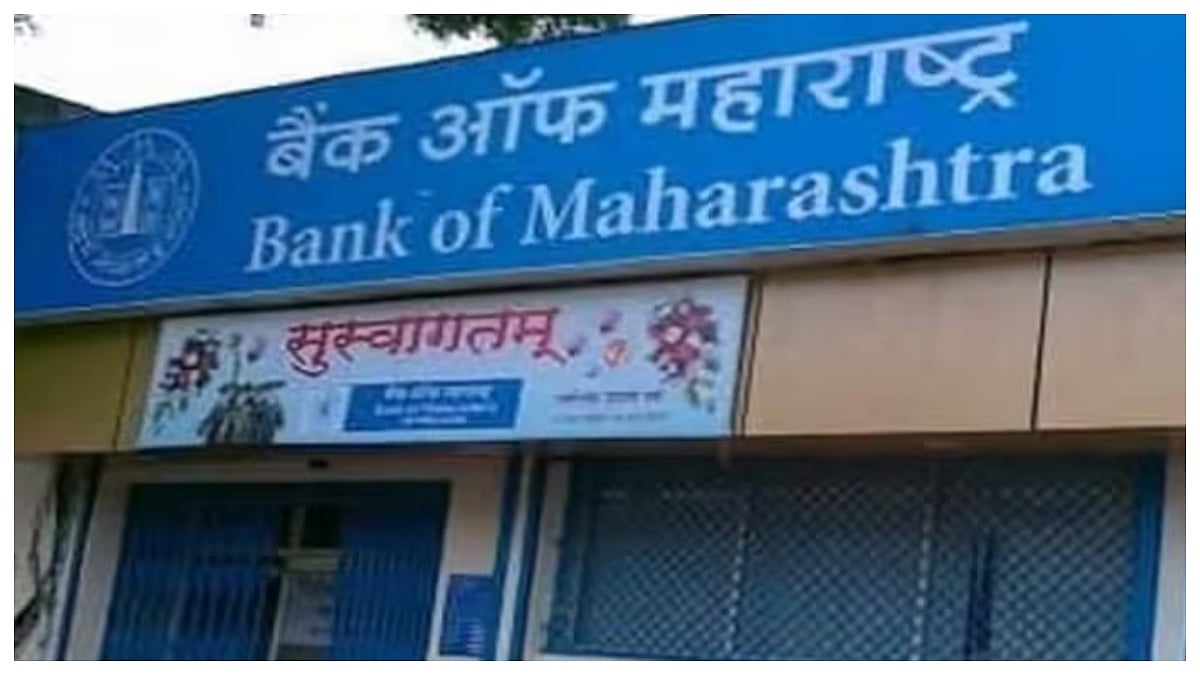As of June 2018, 62 per cent of the Indian urban population and 53 per cent of rural individuals accessed the internet on a daily basis. An upward spike in the number of internet users has opened up almost an equal number of avenues for cyber threats. As the sub-continent is rapidly advancing towards embracing its ‘Digital India’ leap, questions about cyber-security are cropping up fast.
With this backdrop, recently the international business events and consulting firm Trescon organised its second edition of the ‘Big Cyber-Security Show and Awards’ in Mumbai. The event was attended by a large group of cyber security professionals which included CTOs, CIOs, CXOs, CEOs, CISOs and other field experts from various national and multi-national companies and government departments.
The show consisted of a series of engaging panel discussions, fire-side chats, keynote addresses and technical presentations, which highlighted the growing concerns in the cyber-security space, as well as focused on the implementation strategies to help protect organisations against these concerns.
One of the major attractions of the event was the ‘Big 50 CISO Awards’, which honoured and felicitated IT leaders, technology drivers and cyber-security experts from different parts of India. This award was for their outstanding and consistent efforts in helping organisations and institutions protect data and keep digital infrastructures safe. The programme began with the Welcome Address by Mithun Shetty, Managing Director, Trescon. He highlighted the growing need for cyber security in India, which has embarked on a journey towards complete digitisation.
Cyber-security challenges and solutions
In a discussion with Ramkumar G, Regional Information Security Officer – Indian Subcontinent, Philips India, drawing reference of the IBM X-Force Threat Intelligence Index 2018, Shoaib Shaikh, Business Manager, IBM, explained their approach as a cyber-security partner.
He said, “We try to understand our customers’ environments better, and identify the threat indicators there.” Pointing at the increasing incidents of data breach due to malicious or negligent employees in organisations, he informed that IBM has developed a full range of tools and processes to combat the insider attacks. Also, he drew attention on the need to take preventive actions on ransomware attacks.
Public, private and social sector collaboration
In a panel discussion, moderator Dr Sunil Gupta, CIO & AGM-IT & I/c (P&A), Economic Research Unit, Joint Plant Committee, Ministry of Steel, explained how the IT and mobile penetration is increasing in the country. He also expressed a great satisfaction on the older generation’s interest in accepting these technologies. Saket Korie, Business Manager, IBM opined, whether it is private, public or social sector, today there is a need for a complete cyber security protection. Earlier the challenges were different for all of them. But today there are many common challenges for all of them.
Focusing on the forthcoming data protection act, K Rajasekhar, Deputy Director General, Ministry of Electronics & Information Technology, Government of India, drew attention on the need for complete all-round security – especially where data democratisation has involved. He also highlighted the benefits of implementing Aadhaar and e-Signature. Drawing attention on the shift in target of the attacks, Shakshi Vidur, Global Cyber Security Leader – KFC Asia Pac. Yum! Brands International, informed, “In the last seven or eight years, the attacks are shifting from the financial industry to the retail industry.”
She mentioned that several Asian countries like Vietnam, Philippines, are now implementing cyber security laws. Under these laws, penalties for the defaulters are quite hefty. After the European Union’s implementation of General Data Protection Regulation (GDPR), India is also on the verge of introducing its own data protection law.
E-mail security
While making his presentation on ‘Emerging trends in email security’, Amol Mujumdar, Senior Director, Technology, Rediff.com, informed that – more than 25,000 enterprises (including micro, small, medium and large) in India are hosted by Rediffmail. At any day they handle around 140 million users’ sessions (including login, send/receive etc.). They scan around 4,000 mails per second.
He detailed on their exercises to securely store passwords, which are always at a risk of theft and controlling spams. Cracking passwords with GPUs (having tremendous computing power) has been very easy today, however, Rediff’s method of encrypting and encoding passwords makes it almost impossible for hackers to crack them. He also talked on their capability to control spear phishing.
Focus on other areas
In the event, among others, Avdhut Parab, Sr GM – IT, Wockhardt Ltd; Navdeep Singh Ahluwalia, Head Network & Information Security, Dalmia Cement Bharat Ltd; and Shashank Bajpai, CISO, ACKO General Insurance also delivered some valuable insights on the emerging areas like application of Blockchain to boost cyber security; Robotic process automation and GDPR implementation.









